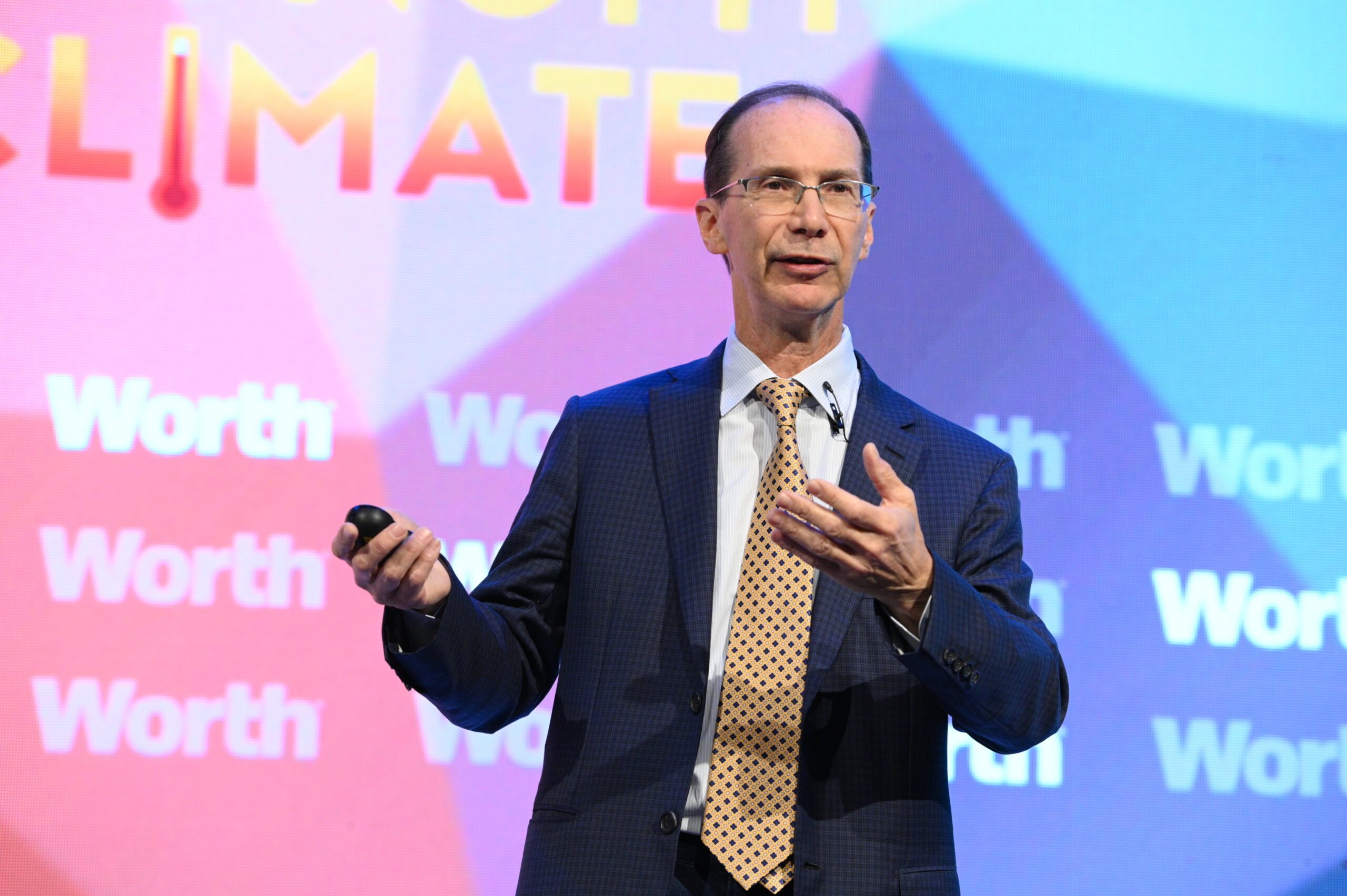Editors Note: This piece was originally published on Worth.com
The 26th Conference of the Parties to the United Nations Framework Convention on Climate Change is currently meeting in Glasgow. Better known as COP26, this is a global meeting of government and business leaders to address the challenge of rising temperatures and carbon emissions. With the UK in the chair, it is hoped that it will be a significant opportunity for agreement, focus and action towards 2050 targets of net-zero emissions.
As the summit gets underway, the signs are not looking especially auspicious. Presidents Putin and Xi have already decided not to attend. Stories abounded of Glasgow’s lack of readiness, with transportation strikes and uncollected refuse. Greta Thunberg, the teenage Cassandra of climate change, has dismissed COP26 as a talking shop, and Her Majesty the Queen, normally the epitome of discretion, was overheard remarking, “It’s really irritating when they talk, but they don’t do.”

For all the potential pitfalls, what comes out of Glasgow this month will matter for business, because it will do much to shape the regulatory landscape of the next decade and more; it will also give more hints as to where opportunities are likely to lie for those bold and decisive enough to seize them. So, what can we expect?
There is no doubt that President Joe Biden sees the conference as important; in talks with congressional Democrats, he has emphasized that American “prestige” is at stake, and he wanted to arrive in Glasgow with a legislative agreement to cut U.S. emissions. The president has already promised that emissions will be halved from 2005 levels by 2030, so expect that commitment to happen. Getting there is the difficult part.
Biden’s Clean Energy Performance Program (CEPP) was intended to carry the burden of reducing emissions, by incentivizing renewable energy use and penalizing polluters. But opposition led by Senator Joe Manchin, from coal-rich West Virginia, has forced a rethink, as Manchin chairs the Senate’s Energy and Natural Resources Committee. Still, there is a pot of around $150 billion to play with.

The “reinforcement” elements of the CEPP are likely to survive. So, there will be tax credits to encourage electric vehicle purchase and use; grants to increase energy efficiency; and support for agricultural programs which sequester carbon. More punitive measures on fossil fuels may not make the new plan.
There is also likely to be stricter enforcement of existing rules and regulations. Expect the Environmental Protection Agency and the departments of energy and agriculture to be watchful and unforgiving; everything is now overshadowed by that commitment to cut emissions in half by 2030.
Finance plays an important part in the plans to curb emissions. The Glasgow Financial Alliance for Net Zero has issued a call to action to make our economies sustainable and green: This involves making targets clear and intelligible, reframing regulatory regimes and encouraging sustainable investment. The move towards prioritizing environmental, social and governance (ESG) goals in investment is not new and, indeed, is now seen as a critical part of policy by major players in the sector.
Perhaps the most important outcome from COP26, if it is even halfway successful, will be a reframing of the economic climate. Businesses need to think of sustainability not as added value but as a core principle of what they do. Innovation which contributes to controlling emissions will be well received, investment will be directed towards low-or zero carbon projects and everyone’s environmental footprint will be under the microscope. This runs the whole gamut, from reducing investment in fossil fuels to rethinking international travel.
The private sector has a vital part to play in governments achieving their net-zero targets. The lesson should be this: Bring them solutions to the problems they are acutely aware they face. The door is not just unlocked but wide open. Although the Biden administration has poured money into the economy to recover from COVID, prioritizing areas like infrastructure, the world is no longer so Keynesian as it once was, and private enterprise must be at the center of a sustainable recovery.

Following COP26 as it happens will be more heat than light—that is the nature of summits. But it is worth engaging and very much worth paying close attention to the agreements which emerge. The race for 2050 starts now.
Eliot Wilson is the cofounder of Pivot Point, a change management, strategy and PR consultancy based in London.










